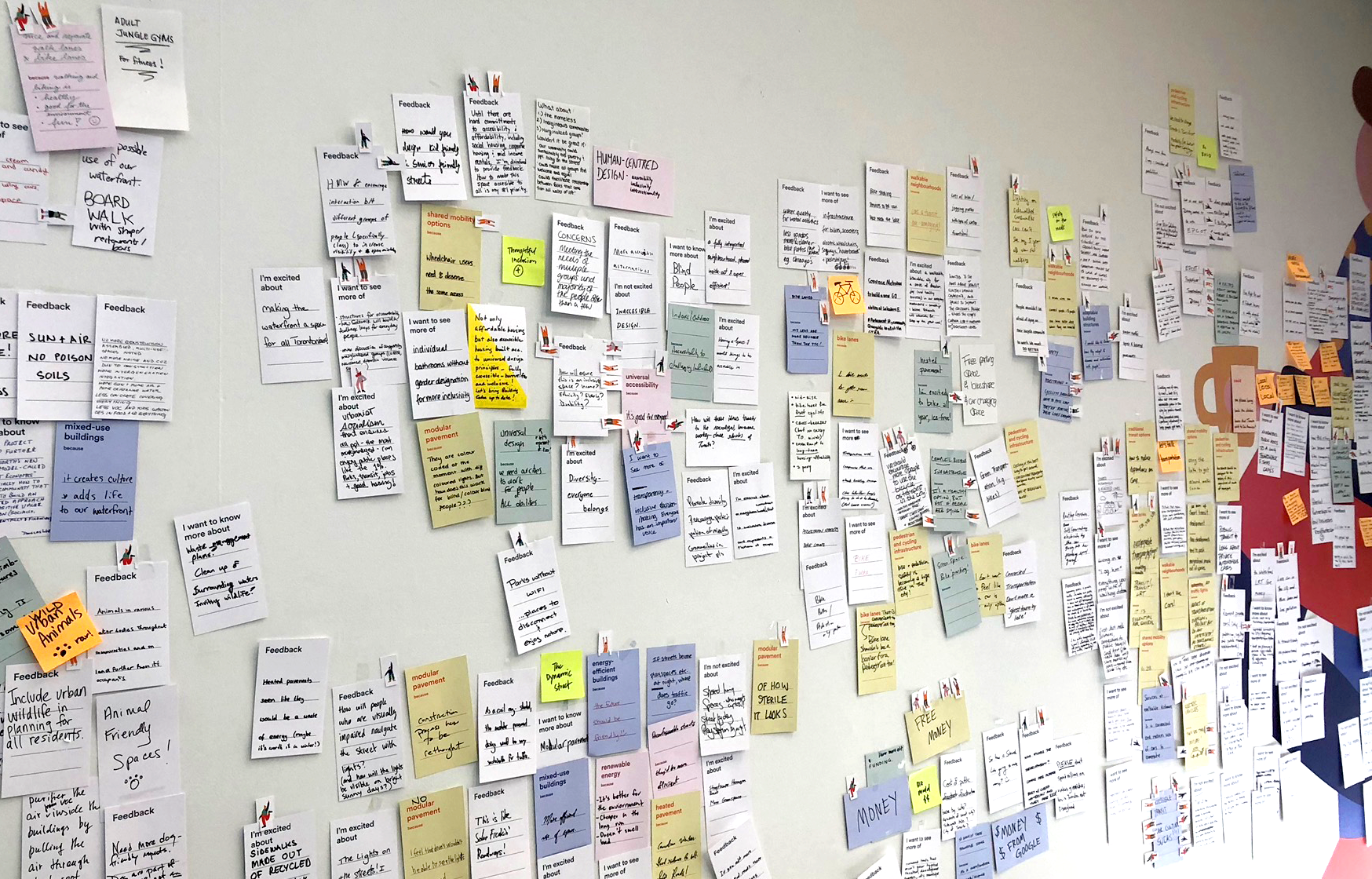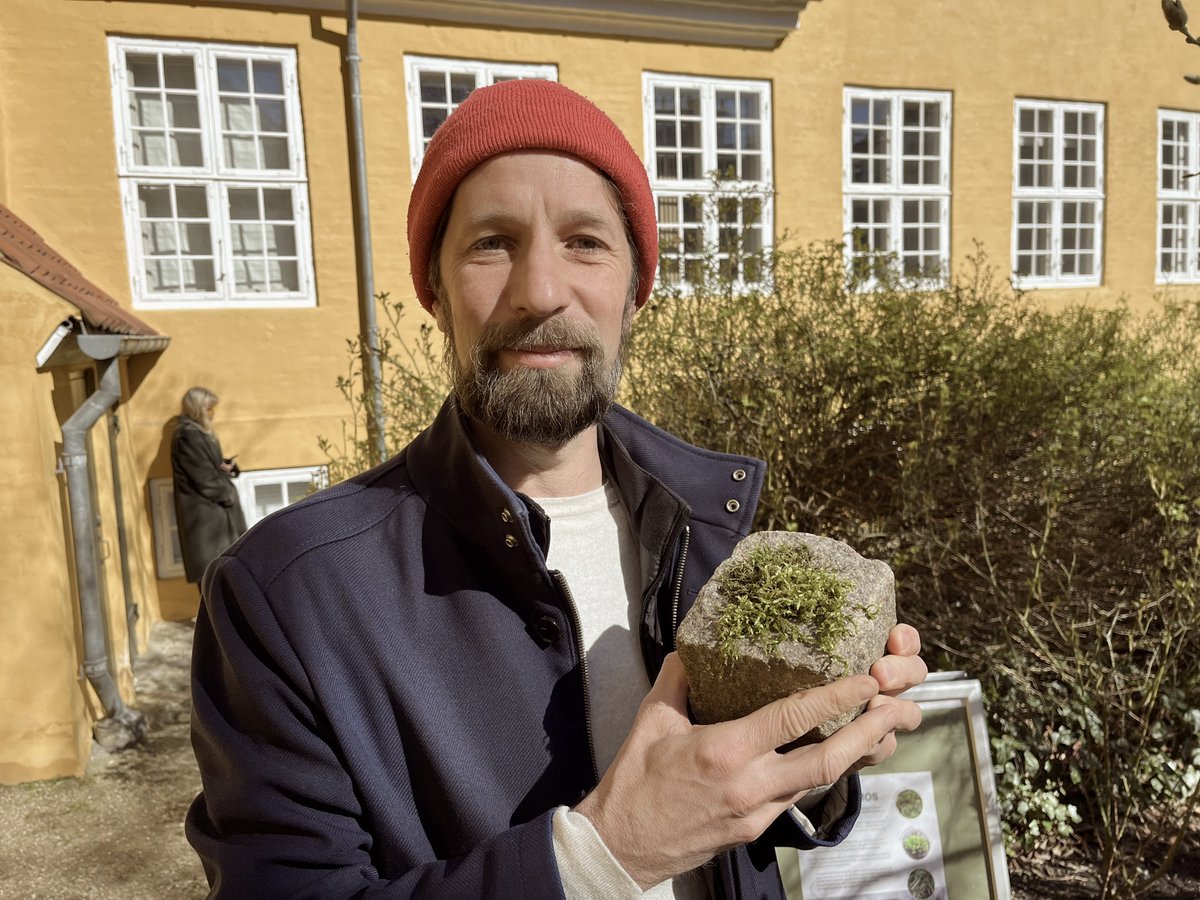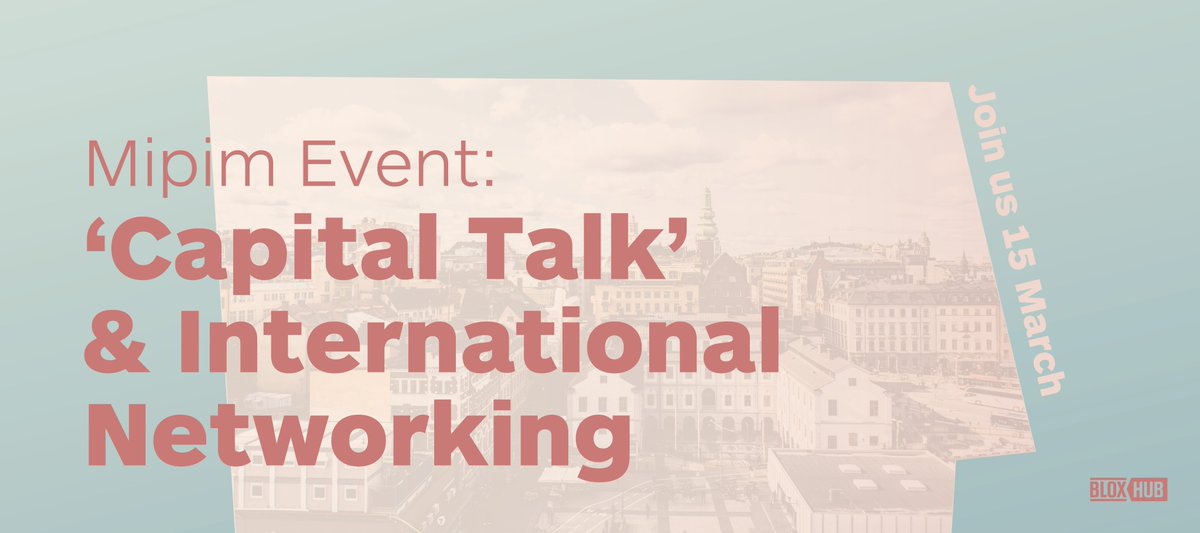WHAT
Postdoc project within Smart City & Smart Buildings
PERIOD
January 2018 – April 2021
WHO
Industrial PostDoc
WITH
VELUX Group,
Copenhagen Business School, Department of Management, Society, and Communications
RESUMÉ
SMART BUILDINGS & CITIES BUSINESS MODEL INNOVATION
The project’s objective was to research business model innovation for smart buildings, specifically exploring value propositions for user-centricity and sustainability. The research involved the investigation of business model innovation appropriate for providing smart or IoT-based (“Internet of Things” – the interconnected network of physical and digital) indoor climate experiences; responding to the user experience; and cooperating with other organizations in the building industry ecosystem. Smart technology has disrupted business models by shifting the market towards businesses that can demonstrate their value in the form of services, while increasing customers’ demand for customization and instantaneous response.
As cofounder of the Active House Alliance, the VELUX Group has experienced a cross-organizational furthering of its mission to make better living environments through fresh air and daylight; but it has not been clear how VELUX could utilize its competencies to shape the smartbuilding business of the future. This project involved developing better understandings of how VELUX could innovate business models tolink user experience to building response, while also coordinating with other building and tech organizations on the whole building level. The objective was connected to a larger imperative to facilitate Danish building organizations in need of digital transformation.
The research was used to build four business cases based on a 40-month organizational ethnography at VELUX, interviews with building users and stakeholders, and participation in industry-relevant events and conferences. These consist of:
- A pilot case to investigate the user experience of the indoors of the sustainably designed and smartly monitored Green Solution House on Bornholm;
- A second case focused on the partnerships that enabled the affordable renovation project RenovActive in Brussels, Belgium;
- A third case examining the former development of the Quayside smart city project and the emergent smart homes and Proptech (property technologies) sectors in Toronto, Canada;
- A fourth case and establishment of a living lab for smart technology-facilitated indoor health at Kokkedal Skole, a Danish public school in Fredensborg Kommune and leading site of the kommune’s Fremtidens Folkeskoler (The Future’s Public School’s) program.
Success criteria were achieved over the course of the project, and were as follows: (1) development, testing, and user profiling for real-time indoor comfort service, including launching of a living lab; (2) characterization of smart building business model innovation processes; (3) publication in at least three international, peer-reviewed academic journals; (4) a report in collaboration with another organization; and (5) dissemination at both building industry and organizational conferences. The main findings are presented in culminative project report on smart business model innovation.
KEY FINDINGS
- Smart building value propositions depend upon technological interoperability and organizational partnership alike. Financially viable smart building will thus entail open innovation and joint business models across the business ecosystem – both between building and tech organizations and between established and startup companies.
- Smart building data fails to capture many of the social phenomenon critical for providing quality service in use models (e.g. reflecting data on cold temperatures but failing to capture the user was too warm and wanted fresh air; or reflecting data on high CO2 but failing to capture the user was concerned about privacy and security). Post-occupancy studies will continue to play an important role in ensuring performance until social training is prioritized in machine learning and smart building responsiveness.
- Whereas sustainability and circularity are increasingly considered in building design and construction, the biggest challenge in the industry is to consider these factors during building operations, that is, during the use phase. While smart technologies can support the verification of building performance, user interaction and the provision of user interfaces will be critical to influencing sustainable behavior and lifestyles in the built environment.
SELECTED ARTICLES & PAPERS ETC.
Blasberg, L. A. (2021). Smart Business Model Innovation: Driving Demand and Relevancy in the Building Industry with Smart Technology Value Propositions . Copenhagen Business School Press.
→ Read final published version
Hale, L. A. Business models for smart sustainability: A critical perspective on smart homes and sustainability transitions. A. Aagaard; F. Lüdeke-Freund; P. Wells (Eds.). Business Models for Sustainability Transformation. London: Palgrave Macmillan. Forthcoming.
Hale, L. A. Courtship for business model innovation: Early stage value negotiation for the sustainability of smart homes. Journal of Cleaner Production, 297, 126610. 15 May 2021.
→ Read abstract here
Lara Anne Blasberg: At arbejde med bæredygtighed er for mig et eksistentielt valg. Mari-Louise Pedersen (Interviewer). Innovation Fund Denmark. February 2021.
→ Read abstract here
Hale, L. A. Business Model Innovation for Smart, Healthy Buildings. World Sustainable Built Environment online conference. Holger Wallbaum; Alexander Hollberg; Liane Thuvander; Paula Femenias; Izabela Kurkowska; Kristina Mjörnell; Colin Fudge (Eds.). Beyond 2020: Conference Proceedings. Bristol: IOP Publishing 2020 (IOP Conference Series: Earth and Environmental Science, No. 1.09, Vol. 588). 2020.
→ Read abstract here
Hale, L. A. Circular Construction: Circularity through Business Models for Longer Building Life. J. Rodríguez Álvarez & J. C. Soares Gonçalves (Eds.). Planning Post Carbon Cities. Proceedings of the 35th PLEA Conference on Passive and Low Energy Architecture. A Coruña: University of A Coruña. 2020.
→ Read abstract here
Te Braak, P.; Minnen, J.; Fedkenheuer, M.; Wegener, B.; Decock, F.; Descamps, F.; Pauquay, S.; Feifer, L.; Hale, L. A.; Asmussen, T. F.; Christoffersen, J. How to Transform European Housing into Healthy and Sustainable Living Spaces: The RenovActive Principles Tackle Climate and Renovation Challenges. J. Rodríguez Álvarez & J. C. Soares Gonçalves (Eds.). Planning Post Carbon Cities. Proceedings of the 35th PLEA Conference on Passive and Low Energy Architecture. A Coruña: University of A Coruña. 2020.
→ Read article here
Hale, L. A.; Szwagierczak, J.; Venkatraman, V.; Asmussen, T. F. Making Sense of a School Year: One Year of Social and Sensor Monitoring at Kokkedal Skole. Frederiksberg: Copenhagen Business School, CBS. 2020.
→ Read report here
Hale, L. A. Faster Horses: Collaborative AI Innovation between incumbents and startups. Abstract from Reshaping Work Conference: AI@Work. Amsterdam, The Netherlands. 2020. Contact author for abstract.
Hale, L. A. Fresh Air: An Impact Story. BOS – The Business of Society. June, 2020.
→ Read blog post
Hale, L. A. AI: A new culprit in missing the sustainability mark? BOS – The Business of Society. February, 2020.
→ Read blog post
Hale, L. A. What’s the “Use” of Circular Business Models? 4th International Conference on New Business Models: New Business Models for Sustainable Entrepreneurship, Innovation, and Transformation: Full Conference Proceedings. Florian Lüdeke-Freund & Tobias Froese (Eds.). ESCP Europe, Berlin, 158-166. June, 2019.
→ Read abstract
Hale, L. A. The Academic Smarts in the Smart City. BOS – The Business of Society. November, 2018
→ Read blog post
Hale, L. A. Anthropocentric urban sustainability: Human significance in building automation. Sustainable Cities and Society, 42: 423-433. October, 2018.
→ Read abstract
Hale, L. A. At Home with Sustainability: From Green Default Rules to Sustainable Consumption. Sustainability, 10 (1), 249. January, 2018.
→ Read abstract
Hale, L. Measurement in Sustainable Building. WBCSD EMAN: International Sustainability Accounting Symposium. Rodney Irwin & Stefan Schaltegger (Eds.). World Business Council for Sustainable Development, Geneva, 53-55. 2018.
→ Read abstract
Hale, L. Experimental Standards in Sustainability Transitions: Insights from the Building Sector. (Dissertation). Doctoral School of Organisation and Management, Copenhagen Business School, Denmark. 2017.
→ Read abstract
OTHER
Ny opfindelse forbedrer indeklimaet: Når fuglen kvidrer, skal vinduerne åbnes.
TV2Lorry. May, 2020.
→ See TV spot
Selected as an Innovationsfond Innowoman
→ Read about the nomination
Closing the Loop on Circular Business Models.
Talk at Science Forum, BLOXHUB. October, 2019.
→ See event
Want to know more about Lara Anne Hale´s academic work?
→ See overview here







